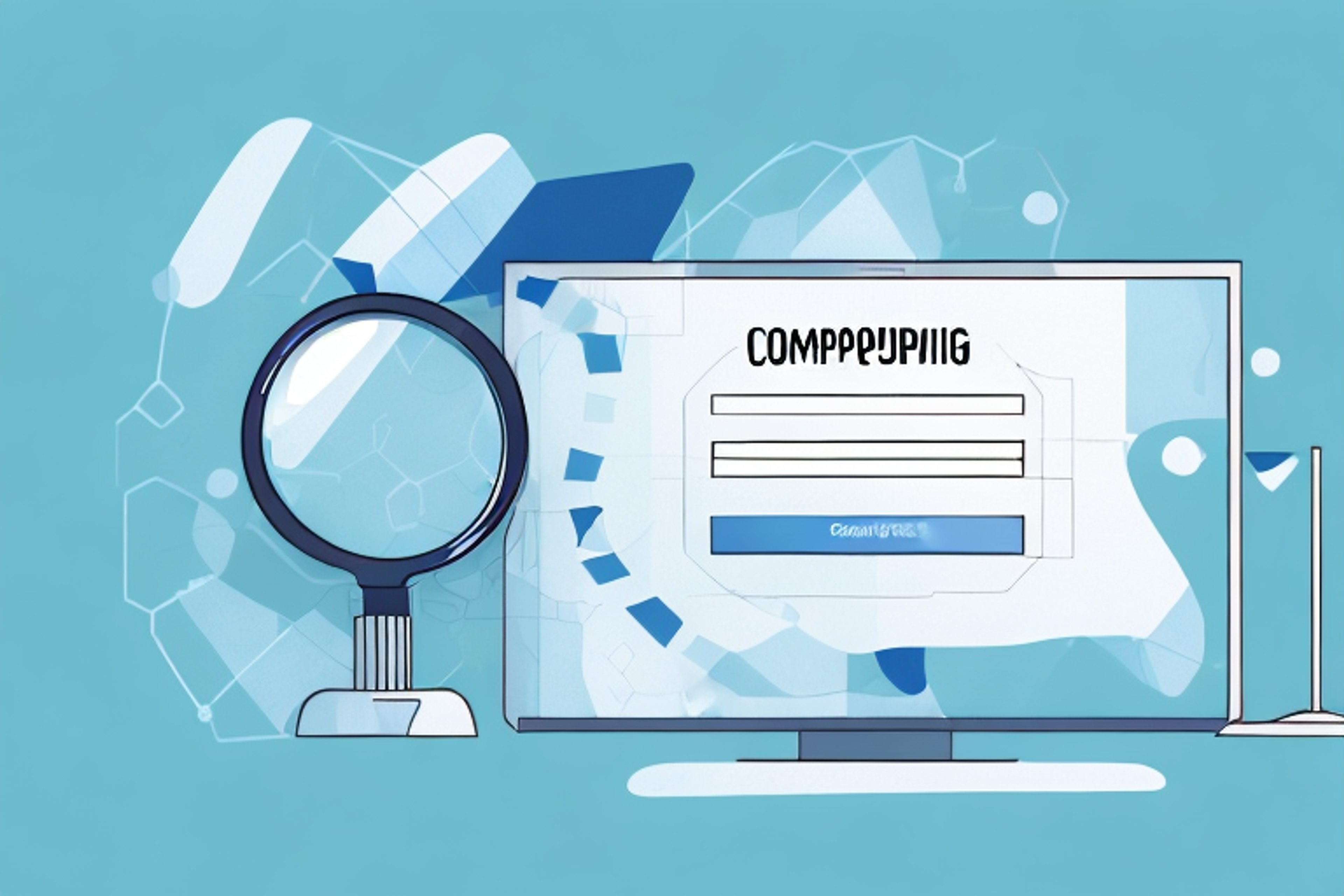How to Nail Software Engineer Behavioral Interview Questions (with Examples)
Get ready to ace your next software engineer behavioral interview with our comprehensive guide.
Posted March 6, 2025

Table of Contents
If you're a software engineer preparing for an upcoming job interview, it's crucial to understand the importance of behavioral interview questions. Unlike technical interviews that focus on coding skills, behavioral interviews are designed to gauge your problem-solving abilities, teamwork and collaboration skills, leadership qualities, and more. In this article, we'll provide you with all the tips and tricks you need to effectively prepare for and nail behavioral interview questions as a software engineer.
Understanding the Importance of Behavioral Interview Questions for Software Engineers
Behavioral interview questions are designed to assess your past experiences and behaviors in specific situations. For software engineers, these questions can help employers understand how you approach and solve problems, handle conflicts, work within a team, and lead others. Answering behavioral questions with specific examples from your past experiences will help you demonstrate your skills, experience, and fit for the role.
Common Behavioral Interview Questions for Software Engineers: An Overview
While the specific behavioral questions you'll encounter will largely depend on the role and the company you're interviewing with, there are some common themes and questions that often arise. Below are some examples of behavioral interview questions software engineers may face:
- Can you describe a time when you solved a complex problem, and how did you approach it?
- How do you handle conflicts with team members or stakeholders?
- Have you ever had to work with a difficult colleague or manager, and how did you handle the situation?
- Can you give an example of when you had to think creatively or innovatively to solve a problem?
- Have you ever had to explain technical concepts to non-technical stakeholders, and how did you do it?
Top Tips to Prepare for Behavioral Interview Questions as a Software Engineer
Preparation is key when it comes to behavioral interviews. Here are some tips to help you prepare:
- Review the job description to identify the skills and experiences the employer is looking for.
- Use the STAR (Situation, Task, Action, Result) method to answer behavioral questions, as it provides a clear and structured framework.
- Practice answering common behavioral questions with a friend or career coach, so you can refine your responses and get comfortable explaining your experiences and abilities.
- Research the company and their values to ensure your answers align with their culture and goals.
How to Showcase Your Technical Skills with Behavioral Interview Questions
While behavioral interviews primarily focus on your soft skills, there will likely be opportunities to showcase your technical abilities as well. When answering a behavioral question that involves technical skills, be sure to explain your process and methodology in detail. Additionally, providing examples of projects you've worked on or coding challenges you've solved can help demonstrate your expertise and experience.
Demonstrating Your Problem-Solving Skills in Behavioral Interviews as a Software Engineer
Problem-solving is a critical skill for software engineers. When answering behavioral questions about problem-solving, be sure to provide specific examples of challenging problems you've faced, and explain your thought process in solving them. Additionally, highlighting any metrics or data that demonstrate the impact of your solution can help showcase the effectiveness of your problem-solving skills.
Highlighting Your Teamwork and Collaboration Skills in Behavioral Interviews for Software Engineers
Software engineering is often a team-based effort. When answering behavioral questions about teamwork and collaboration, highlight specific instances where you worked effectively as part of a team. Be sure to explain the roles and responsibilities of each team member, and how you contributed to the team's success. Additionally, provide examples of the effective communication and collaboration strategies you employed to ensure everyone was aligned and working towards the same goals.
How to Answer Behavioral Interview Questions about Conflict Resolution as a Software Engineer
Conflict resolution is a critical skill for any professional. When answering behavioral questions about conflict resolution, first describe the specific situation and the conflict you faced. Then, explain your approach to resolving the conflict, detailing any communication or negotiation strategies you employed. Finally, provide specific examples of how your resolution strategy was successful in resolving the conflict and improving relationships with team members or stakeholders.
Effective Strategies to Discuss Your Leadership Abilities in Behavioral Interviews as a Software Engineer
Leadership skills are highly valued in software engineering roles, even for those without official managerial positions. When answering behavioral questions about leadership, provide specific examples of times you took the lead on a project or situation. Be sure to explain the decision-making process you employed, as well as the delegation and communication strategies you used to lead others towards success. Additionally, highlighting the impact of your leadership on the project or team can help demonstrate the effectiveness of your leadership abilities.
Sharing Examples of Your Innovation and Creativity in Behavioral Interviews for Software Engineering Roles
Innovation and creativity are highly valued in the software engineering field. When answering behavioral questions about innovation or creativity, provide examples of times you came up with unique or novel solutions to problems. Be sure to explain your thought process and any research or ideation techniques you used. Additionally, highlight any metrics or data that demonstrate the impact of your innovation or creativity on the project or team.
Overcoming Nervousness and Anxiety During Behavioral Interviews as a Software Engineer
Interviewing can be nerve-wracking, particularly when it comes to behavioral interviews that probe into your past experiences. To combat nervousness and anxiety, practice answering behavioral questions beforehand with a friend or coach. Additionally, take deep breaths, practice mindfulness techniques, and remember that it's okay to take a moment to collect your thoughts before answering a question. Finally, reminding yourself of your relevant experiences and skills can help boost your confidence and reduce nervousness.
How to Follow Up After a Behavioral Interview for a Software Engineering Role
After a behavioral interview, it's always a good idea to follow up with a thank you email or note to the interviewer. Use the opportunity to reiterate your interest in the role, and provide specific examples of how your skills and experience align with the job requirements. Additionally, ask any follow-up questions you may have had during the interview, and express your appreciation for their time and consideration.
The Dos and Don'ts of Answering Behavioral Interview Questions as a Software Engineer
When it comes to behavioral interview questions, there are some key dos and don'ts to keep in mind:
- Do provide specific examples from your past experiences.
- Do use the STAR method to structure your answers.
- Do tailor your answers to the specific job and company you're interviewing with.
- Don't ramble or provide irrelevant information.
- Don't provide vague or general responses.
- Don't exaggerate or embellish your experiences.
Examples of Successful Responses to Common Behavioral Interview Questions for Software Engineers
Here are some examples of how you can use the STAR method to structure your responses to common behavioral interview questions:
Conclusion
Behavioral interviews can be intimidating for software engineers, but with the right preparation and approach, you can nail them and impress hiring managers. Remember to use the STAR method, provide specific examples, tailor your answers to the position and company, and showcase your relevant skills and experiences. With these tips and examples, you'll be well on your way to landing your dream software engineering job.











